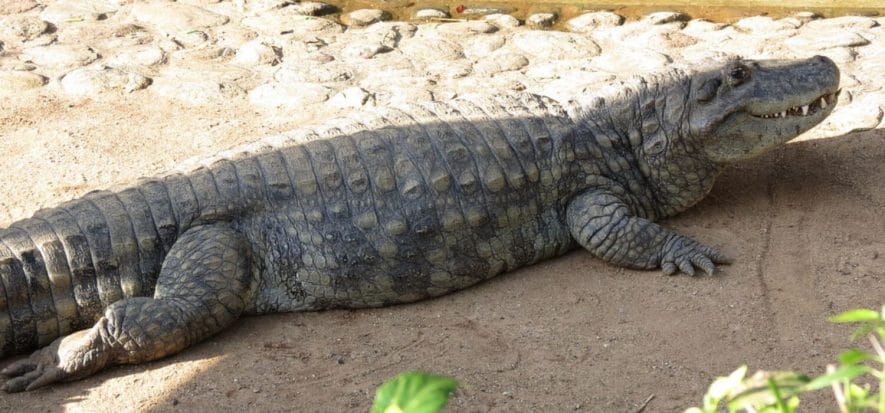Argentina’s farms got permission to sell and export again yacaré skin (the yacaré is a species of caiman, a crocodilian in the family of alligators). Infocampo.com.ar reported the news: according to the information portal, in the past days the Ministry of Environment and Sustainable Development made their decision, based on a successful long-term plan to restock wildlife local species: namely, the Yacaré Overo and the Yacaré Negro.
The crisis
Between the Seventies and the Eighties, in Argentina, crocodiles, called yacaré after taking their name from guaraní local language, had dramatically decreased in number, partly owing to the ecocide of their natural environment, but also because of poachers’ illegal action. In 1987, the government decided therefore to prohibit export and trade, including the domestic one, of products and by-products made of crocodile meat and skin. Shortly after, in 1990, they launched the Yacaré Project, aiming to restock in the wildlife 80,000 pairs of caimans, starting from the province of Santa Fe, which used to be the traditional habitat of crocodiles, and progressively extending it in other areas. The project proved extremely successful: in fact, when they started it up, the estimated number of reptiles living in the northern area of Santa Fe was 2.7 per square kilometre; 15 years later, their number had turned out to go up to 9.8.
Trade ban is over
Considering such positive and rewarding results, now the government has supposedly decided to permit again the trade of yacaré products and by-products. They set some conditions though: only few authorized ranches, mostly located in the provinces of Santa Fe, Corrientes and Formosa, will have permission to sell yacaré meat and skin. On top of that, they will be allowed to sell them only after collecting crocodile eggs, in order to enable reptiles to produce offspring again in the future.
Picture taken from Wikipedia.org










